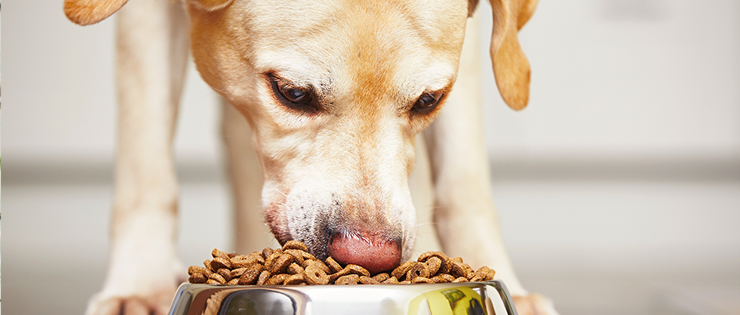
What is food agression?
The term aggression is something that we as human beings instinctively avoid. We are fearful of it and define the term as inherently ‘bad’. But aggression in the wild can be an essential and favourable tool for survival. Fighting for resources, whether that be food, mates or territory can be the difference between an animal that flourishes and succeeds and an animal that is extinct.
Humans are suckers for concreting the meanings of things. We need patterns and predictability for behaviours and within our modern civilization, the term aggression is undoubtedly associated with danger. I think the reason we become confused by this is because we like to think we are far more evolved than we really are. There is no doubt that despite our superiority complex on top of the animal hierarchy, we are still and always will be animals; struggling for survival.
So when it comes to observing food aggression, it is a normal and natural behaviour, often displayed by animals who are ranked lower than others. Sometimes precious resources are scarce and competition is unavoidable. It is in these instances, that dogs start to show ‘aggression’ towards acquiring food. Domestic dogs who display aggression around food are not necessarily dominant or bullying of other dogs, they may simply find that fighting for a resource is essential for survival. And sometimes, it is.
Whilst it may be normal, it doesn’t mean it isn’t potentially dangerous. I cannot express enough the importance of keeping children away from dogs when eating. Also, I believe it is far more successful to a dog-dog relationship when they are fed separately. My dogs may eat near each other without incident, but that is because of range of factors, some out of my control. They have exquisite tolerance and control around each other. Some of this is genetically inherited. And whilst I might like to claim credit for much of who they are, the truth is that no matter what you do, some dogs will always feel anxious around food. A dog who is anxious around resources and feels threatened loss of a valued resource, may be willing to fight for it.
What to do about it?
To prevent this from happening, ensure your dog is safe and in a non-threatening environment. Don’t train your puppy by randomly taking food away from them. This makes them more anxious around food and can result in aggressive behaviours in future. Whenever you move towards your dog’s food, give them more food, so that your presence is associated with positivity. Feed your dogs separately and try to encourage them to work for their food. Instead of using a dog bowl filled with one big treat, use food as a reward for cooperating with you. Teach your dog to sit and stay for their daily intake of food. Hide it, scatter it and make it something that can only be accessed through calm, controlled cooperation.
Remember, your dog is a reflection of you. If they show aggression around food, then you have at some point reinforced that behaviour. Never pose a threat to them as they can’t rationalise your intentions. Food is black and white to them. Respect where they are coming from give them time to eat without ever feeling that they may lose it.
Nobody likes to be treated with disrespect, and neither do dogs. So, go and get a handful of their food right now, find a quiet space and encourage them to work for it. With cooperation comes a great relationship and that’s something that you both deserve.
HIF Pet Insurance Cover
We all love spoiling our fur-kids, yet only 26% of dogs and 19% of cats in Australia have pet insurance - and that could be very hurtful when the vet bill arrives! With HIF Pet insurance, you'll enjoy affordable cover for cats and dogs of all ages. Plus, claiming is easy thanks to our online member Pet Pawtal!